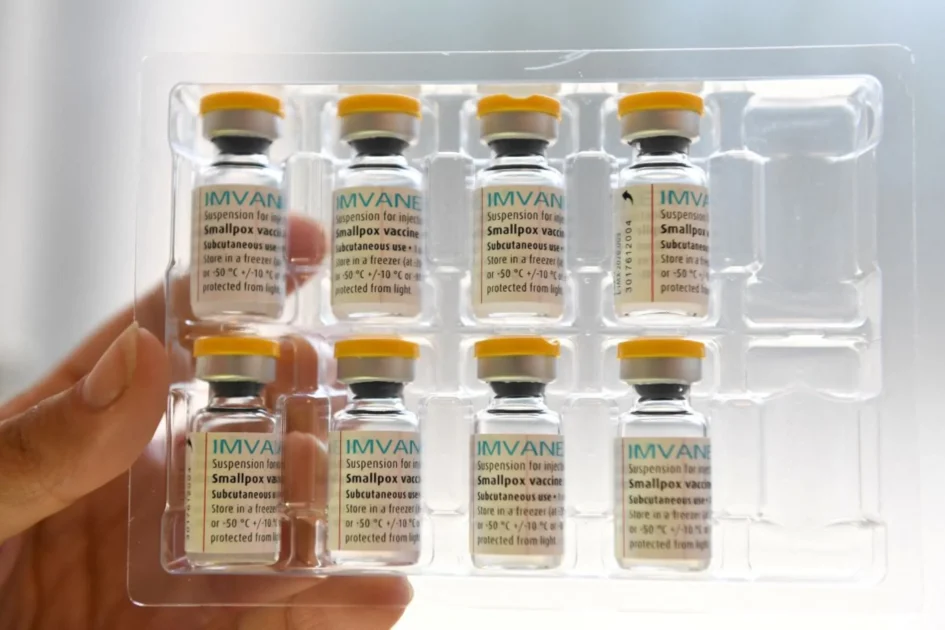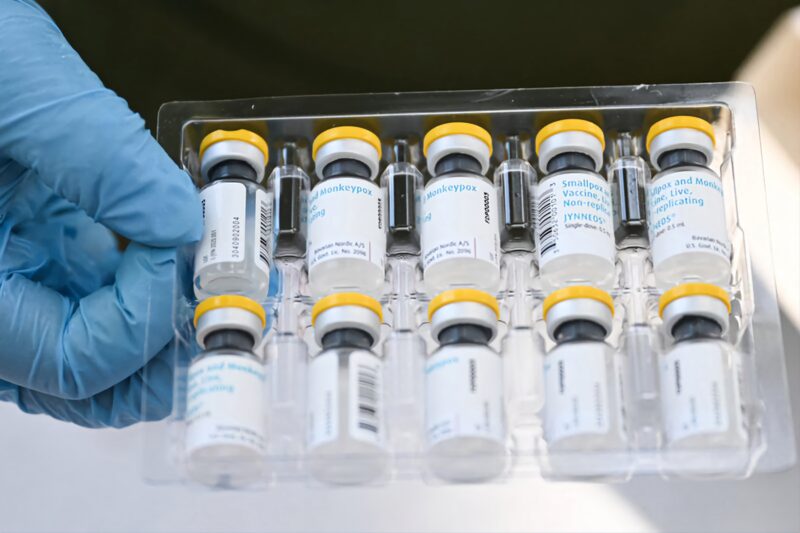Nigeria Becomes First African Nation to Receive Mpox Vaccines
Nigeria has become the first African country to receive vaccines against mpox, a viral disease that has been spreading rapidly in Central Africa. The World Health Organization (WHO) declared mpox a global health emergency in mid-August due to its alarming spread.
Central Africa Sees Surge in Mpox Cases, Calls for Urgent Help
Central Africa is grappling with a surge in mpox cases, with nearly 4,000 new infections reported in a single week. The Africa Centers for Disease Control and Prevention (Africa CDC) has sounded the alarm, noting that tens of thousands have been infected, and over 600 have died since the start of the year.
US Donates 10,000 Doses to Nigeria as Africa Faces Vaccine Shortage

On Tuesday, the United States donated 10,000 doses of mpox vaccines to Nigeria, marking the first such donation to Africa since the outbreak began. Other countries, including Spain, which has pledged 500,000 doses, have also promised to send vaccines to the continent. However, countries like the Democratic Republic of Congo (DRC), where a new variant of mpox is spreading among vulnerable populations, are still without vaccines.
Understanding Mpox and Its Impact
Formerly known as monkeypox, mpox is a viral disease related to smallpox. It spreads mainly through close contact, causing symptoms like fever, muscle pain, and skin lesions. Although typically milder than smallpox, mpox can be fatal. The detection of a new strain, Clade 1b, in Central Africa has led to the WHO’s emergency declaration.
Vaccine Shortages and High Costs Leave Africa Vulnerable
While vaccines are available, they are largely out of reach for many African countries due to high costs and regulatory challenges. Traditional smallpox vaccines, which offer protection against mpox, ceased to be administered in Africa in the 1980s. Modern vaccines like MVA-BN and Japan’s LC16 are used in wealthier nations, but Africa has struggled to secure enough doses.
Calls for Local Vaccine Production in Africa

Africa CDC estimates that 10 million doses are needed to combat the current outbreaks, with the DRC being the most affected. The agency is urging vaccine manufacturers to share technology to enable local production at a lower cost.
Regulatory Red Tape Hinders Vaccine Distribution
Experts point to regulatory hurdles as a significant barrier to vaccine distribution in Africa. The WHO’s lengthy approval process has delayed the procurement and distribution of vaccines, leaving countries like the DRC vulnerable. The WHO has recently initiated an “Emergency Use Listing” to fast-track approvals, but time is of the essence.
International Pledges and the Road Ahead
Spain has committed to donating 20% of its mpox vaccine stockpile to African nations, while other countries, including France, Germany, and Japan, are also making contributions. However, experts warn that donations alone may not be enough to curb the outbreak in Central Africa.
Focus on Supportive Care as Vaccine Efforts Ramp Up
With vaccines in short supply, African health workers are being advised to focus on providing supportive care, including nutrition and mental health support, to those affected by mpox. The Africa CDC is working on a unified response plan, which will be presented to African leaders in September.
As Central Africa battles this growing crisis, the need for swift international action and local vaccine production has never been more urgent.










Join our Channel...